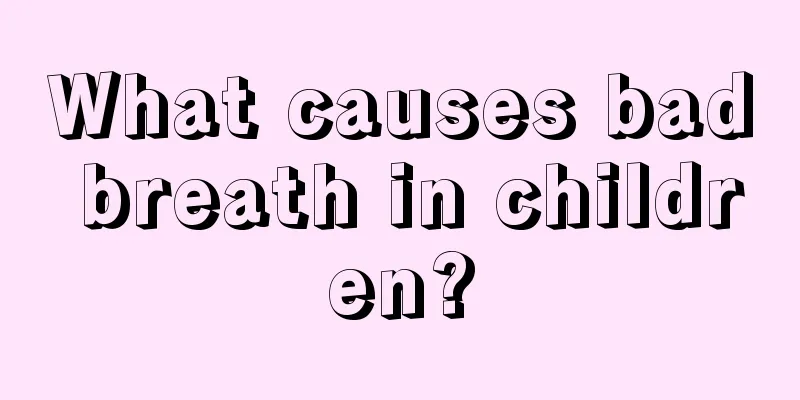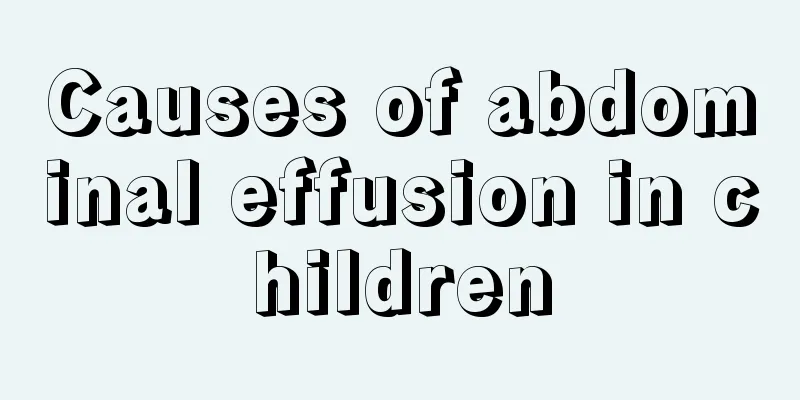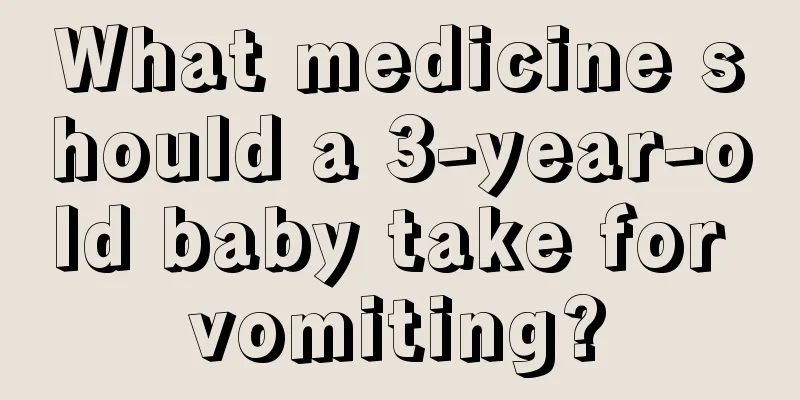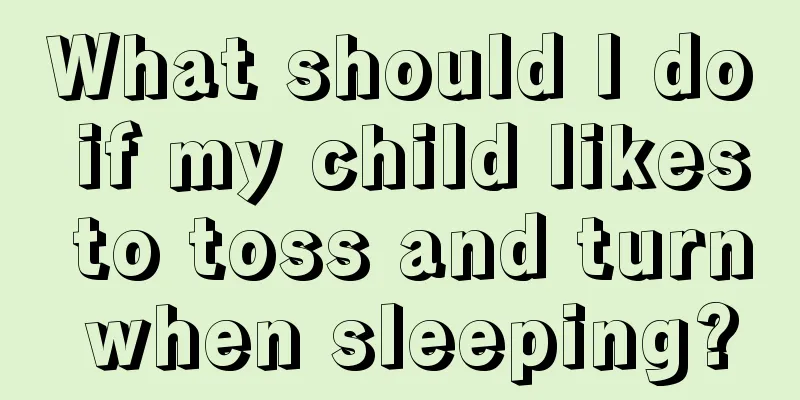What causes bad breath in children?

|
Normally babies don’t have bad breath. Although bad breath cannot be considered a disease, it may be reminding you that there is a problem somewhere in your baby’s body. Of course, it may also be caused by the food he eats, but it should never be taken lightly. So what are the causes of bad breath in babies? 1. Reasons The oral cavity is the first channel for the human body to eat. It contains teeth, gums, tonsils, and salivary glands. It connects to the nasal cavity and respiratory tract at the top, the middle ear at both ends, and the digestive tract at the bottom. Diseases in the above parts can cause bad breath. Food residues in the mouth are not removed in time, or the person suffers from caries, gingivitis, oral ulcers, tonsillitis, etc. The above food residues, pus and necrotic tissue produce indoles and amines under the action of bacteria, which can emit a foul odor. Bad breath can be caused by rhinitis, sinusitis, nasal foreign bodies, epistaxis, tracheitis, pneumonia, lung abscess, etc. in the nasal cavity and respiratory tract. Otitis media in the ear can cause bad breath through the Eustachian tube. Improper digestive tract feeding, indigestion, gastritis, etc. can all lead to bad breath. 2. Different causes of bad breath A rotten apple smell suggests ketoacidosis. A rotten egg smell can indicate indigestion or liver disease. A putrid odor indicates oral inflammation or poor oral hygiene. The sour and smelly smell indicates that the baby has eaten too much and caused gastrointestinal dysfunction. Purulent bad breath indicates that the baby may have sinusitis, foreign body in the nasal cavity, purulent tonsillitis, or bronchiectasis. A bloody smell may indicate a nose bleed or upper gastrointestinal bleeding. 3. There are many ways to prevent and treat bad breath If it is caused by bacterial infection, you can gargle repeatedly with 3% hydrogen peroxide solution or 0.1% potassium permanganate solution, 3 to 4 times a day. It can also be supplemented with a disinfectant mouthwash. Use 12 grams of honeysuckle, 30 grams of reed root, 10 grams of patchouli, and 10 grams of mint (added later) to decoct and gargle with to reduce bad breath. Rinse your mouth and brush your teeth in the morning, evening and after meals. After feeding, wipe the baby's mouth with a cotton swab containing light salt water. Don’t be picky or partial to food, combine meat and vegetables, and eat more fruits and vegetables. Dinner should be light, eat less greasy food and do not overeat. Treat tooth decay early, eat less sweets, especially avoid eating sweets or yogurt before going to bed. Eat less snacks to prevent indigestion. If you have indigestion, you can take appropriate Chinese or Western digestive aids. |
<<: What are the dangers of a child having a persistent low-grade fever?
>>: Why is my baby drooling so much?
Recommend
Why do babies grow beards in winter?
In winter, parents may find that there is a layer...
What to do if your eight-month-old baby has enteritis and diarrhea
Babies start to eat various complementary foods a...
What causes headaches in children?
It is common for children to have headaches in li...
Reasons why babies cry suddenly when they sleep at night
When the baby is still in the mother's belly,...
Baby development indicators at two and a half weeks
Parents are very concerned about their baby's...
How to treat mycoplasma pneumonia in babies
Mycoplasma pneumonia in babies is a common and re...
Why does my child cough and have hot palms and soles of his feet?
Children are very prone to coughing, which is clo...
The correct way to burp a baby_How to burp a newborn baby
Many young parents do not know much about how to ...
What to do if your child grinds his teeth
When children are teething, they are prone to tee...
What to do if the newborn's head is flattened when sleeping
The skeletal development of newborns is very rapi...
What to do if your child has dry hair
Dry hair is a very troublesome problem, especiall...
My child's nose has been bleeding recently.
Many parents will find that their children have b...
Treatment of neonatal hyaline membrane disease
In fact, the resistance of newborns is very poor....
What causes children to lose temper?
Children are prone to temper tantrums. I believe ...
Why does the little boy sweat so much?
Sweating is a physiological self-regulating activ...









